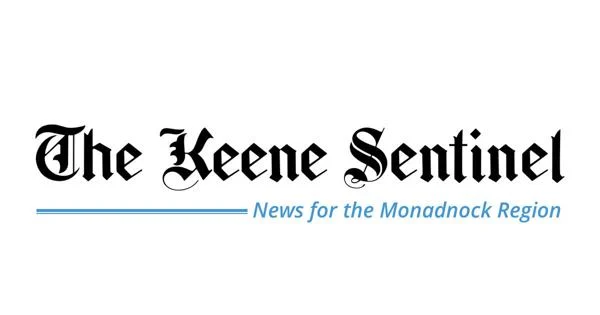Copyright keenesentinel

NASHUA — U.S. Congresswoman Maggie Goodlander, D-N.H., recently sat with a group of health care providers, business owners, patients, and public health officials in Nashua to discuss how the looming cuts to the health care system budgets and the end of health insurance tax credits will affect the Granite State. Individuals shared personal stories about the cost increases and budget cuts affecting their businesses, their own access to healthcare, and the operating budgets of their health care enterprises. The costs directly affect the ability of employers to maintain staff, for providers to cover the cost of services, and for patients to simply afford health care. “Tens of thousands of people in our state are going to get notices of health care costs that are absolutely astronomical and through the roof and they won’t be able to get the care that they need, and that is going to hurt everybody in our state. This is a fragile, interconnected system,” Goodlander said. Open enrollment for the Affordable Care Act (ACA) began on Nov. 1. New Hampshire families using that system and those insured in the private market are about to face dramatic increases in out-of-pocket costs for health insurance. Premiums for private plans are going to rise by double digits. In 2025, over 70,000 New Hampshire residents purchased health insurance through the N.H. Insurance Marketplace (the ACA system in the state), with the benefit of enhanced tax credits to subsidize their costs. That tax credit is set to expire at the end of 2025, and premiums are expected to rise by an average of 75 percent. The fight by Democratic members of Congress to protect this tax credit, to not vote for the Republican continuing resolution without it, is at the core of the government shutdown. Adria Bagshaw, co-owner of W.H. Bagshaw, represented business owners at the meeting to discuss the impact on employers. Bagshaw is the rare employer that pays 100 percent of their employees’ health insurance premiums, an important part of their company strategy to retain highly qualified workers in a competitive market. “We just found out our insurance is going up 30 percent next year. As it is this year, we spend more of the percentage of sales on healthcare than we do on raw materials. We’re a machine shop, so we machine metal to ship it out, and we spend more on insuring our employees,” Bagshaw said. Jerry Hadley, CFO of St. Joseph Hospital, spoke to the health consequences of people losing health insurance, saying, “Just because somebody loses coverage doesn’t mean their health care needs go away. In fact, what it generally means is that they will forego that routine primary care. They won’t get the patient treatment that they need. And that patient will end up in crisis, and they’ll end up in the emergency department.” “People are feeling the pain of the cost crisis in every corner of their lives. For the families in our state, for the public servants who should not be going a day, an hour without a paycheck, whose lives and livelihood depend on it, it’s an outrage and it’s a disgrace. When I look and talk to my colleagues, my Republican colleagues across the country who are not coming to work and are collecting a paycheck, it just couldn’t be more backward,” Goodlander said. “We are working around the clock to do everything we can to make sure that families in our state are getting what they need. A huge amount of effort is going into making sure that people are able to put food on the table. Starting [Nov. 1 with SNAP payments stopping], that’s going to be a bigger challenge for tens of thousands of people across our state. And the same is true in being able to afford basic health care,” Goodlander said.



